When it comes to commercial real estate, one of the most important aspects to understand is operating expenses, also known as Common Area Maintenance (CAM) charges. These charges can have a significant impact on the bottom line of an investment, and it is crucial to understand what they are, how they are calculated, and how to review them to ensure they are being passed through appropriately to tenants.
Operating expenses are the costs associated with maintaining and operating a commercial property, such as property taxes, insurance, utilities, and common area maintenance (CAM). These charges are typically passed on to tenants as part of their lease agreements and can have a significant impact on the overall cost of occupancy.
CAM charges, in particular, can be a significant expense for tenants. These charges cover the costs associated with maintaining common areas of the property, such as lobbies, elevators, parking lots, and landscaping. CAM charges are typically based on the square footage of the tenant’s space.
It’s important to understand that operating expenses and CAM charges can vary depending on the property and the landlord. For example, some landlords may include property taxes and insurance in the CAM charges, while others may separate these charges and bill them separately. CAM charges are typically estimated and billed on a monthly basis and reconciled at year end.
A year-end review of CAM called a CAM Reconciliation. This review is a comprehensive analysis of the charges of expenses for the past year and the estimates being billed to the tenants. Typically, a shortage or credit is billed after the review is conducted.
During a CAM review, a member of the property management team will review the property’s operating budget, and any invoices or bills related to operating expenses and CAM charges for the year. They will look for any errors or discrepancies in the charges and ensure that they are being billed appropriately. Additionally, they will compare the charges to industry standards to ensure that they are fair and reasonable.
It’s important to note that conducting a CAM review can be a time-consuming and complex process. It is recommended to work with a professional who has the knowledge and experience to thoroughly review the charges and identify potential savings, and to make sure charges are being recovered by tenants as per the terms of the lease, as these charges can have a significant impact on the bottom line of an investment.
